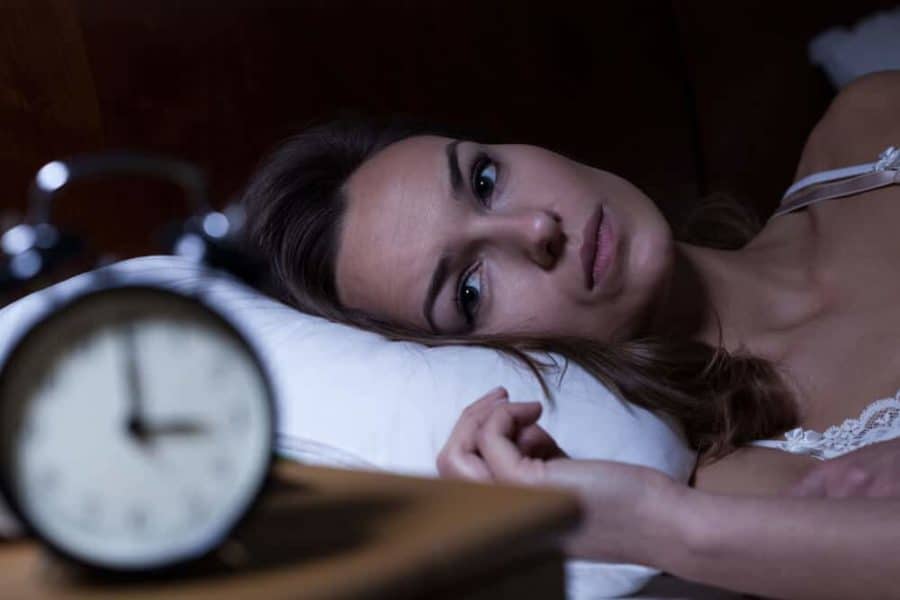For the thousands of peri- and postmenopausal women who struggle to sleep and battle depression, help can’t come soon enough. Although physical changes during the menopause transition are often the cause of these problems, a new study from the University of Texas suggests that cognitive behavioral therapy might provide the relief these women seek. The study results will be presented during The North American Menopause Society (NAMS) Annual Meeting in Philadelphia, October 11-14, 2017.
Insomnia is a frequently cited problem, affecting 30-60% of peri- and postmenopausal women. Depressive symptoms are nearly equally prevalent, affecting 25-40% of this female population. Over the years, medical professionals have proposed a number of treatment options to relieve one or both of these menopause symptoms. Cognitive behavioral therapy for insomnia is one alternative that has shown tremendous potential in treating menopausal insomnia. This new study, however, is the first to examine the effects of this same therapy on depressive symptoms. Cognitive behavior therapy for insomnia is a type of psychotherapy which targets negative thoughts and behaviors contributing to insomnia.
The study provided promising results for a small group of participants. A four-session cognitive behavioral therapy intervention targeting both insomnia and hot flashes led to clinically meaningful improvements in sleep and depressive symptoms. The results were similar regardless of the severity of the depression.
“Given the high prevalence rates of insomnia and depressive symptoms in midlife women, we felt there was a need for more research to be done on the effectiveness of possible alternatives for treating these symptoms,” says Dr. Sara Nowakowski, lead author of the study from the University of Texas Medical Branch.
“The results of this study will hopefully lead to additional research to provide symptomatic menopausal women with more options than what were previously available,” says Dr. JoAnn Pinkerton, NAMS executive director.”


The most effective therapy for insomnia caused by normal or surgical menopause is bio-identical progesterone replacement. The most effective therapy for hot flashes, night sweats, brain fog and vaginal dryness is bio-identical estrogen, either Bi-Est or estradiol. Both work very weil in a topical cream form applied twice daily 12 hours apart and are perfectly safe with no risks when properly dosed and monitored.